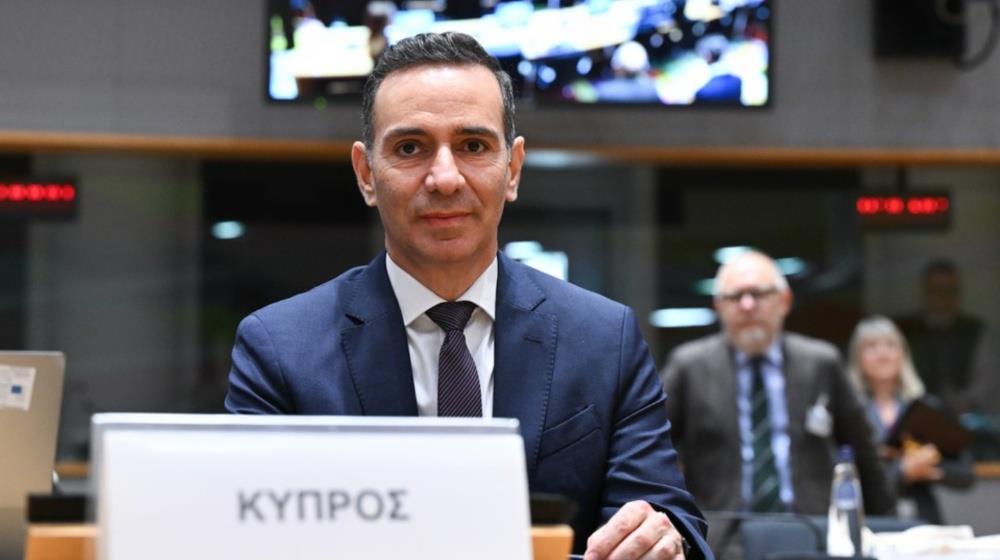Deputy Minister of Research, Innovation and Digital Policy, Nicodemos Damianou underlined the importance of bridging the gap in research and innovation between Member States during the recent Competitiveness Council of the EU held in Brussels in its research and space configuration.
According to a statement by the PIO, in his intervention on 23 May during a debate on the mid-term review of Horizon Europe, Damianou stressed its importance for Europe's competitiveness and the need to maintain the programme as an independent initiative with sufficient and stable funding.
He stressed that despite the progress made, bridging the gap between Member States in research and innovation remains a major challenge. For this reason, he continued, it is necessary to maintain but also to strengthen the tools for broadening excellence in order to further support the innovation capacity of these countries.
Equally important, according to the Deputy Minister, is ensuring that the EU's regulatory and financial environment is more SME-friendly through specific instruments in the new framework programme for Research and Innovation.
He stressed the importance of supporting dual-use and defence technologies through the European Innovation Council (EIC) and more broadly through increased and dedicated funding.
Damianou also underlined the need to continue the PRIMA research partnership between the EU Member States and the Southern Neighbourhood countries. He pointed out that this partnership is a tool for scientific diplomacy and for promoting research and innovation in key areas for the quality of life of Mediterranean citizens, such as water resources management and the food chain.
In the field of space, ministers discussed the use of space data to enhance resilience, security and crisis management in the EU.
In his intervention, Damianou highlighted the critical role of Earth observation data in preventing and responding to natural and man-made disasters, particularly in the Eastern Mediterranean region. At the same time, he highlighted Cyprus' contribution to the European space architecture, as a Member State hosting one of the four Galileo ground stations for search and rescue services, as well as two EGNOS RIMS stations, which support critical applications in air navigation.
During the discussion, particular reference was made to the ongoing establishment of a national Earth observation station, a strategic investment that will enhance Cyprus' ability to make a substantial contribution to the collection and exploitation of space data for regional and cross-border crisis prevention, monitoring and management purposes.
Reference was also made to the country's active participation in the European Quantum Communications Network (EuroQCI), which will enhance Cyprus' role as a regional hub for secure data transmission and real-time distribution of critical information, and strengthening the EU's resilience and operational readiness in South-Eastern Europe.
In the same context, the Council adopted Conclusions on the use of satellite data, in particular from Earth observation satellite systems, for civil protection and crisis management purposes.
The Competitiveness Council also reached political agreement on a Council Recommendation on the Policy Plan for the European Research Area 2025 - 2027, and adopted conclusions on the use of Artificial Intelligence in science.
In the margins of the Council, the Deputy Minister had a meeting with the Danish Minister of Higher Education and Science, Christina Egelund, in the framework of coordination in view of the upcoming Danish and Cypriot Presidencies. Damianou also had brief meetings with the new Minister for Research, Technology and Space of Germany, Dorothee Bär, and the Minister for Women, Science and Research of Austria, Eva-Maria Holzleitner.
(Source: CNA/PIO)









